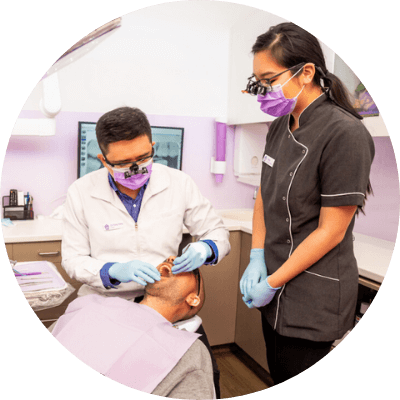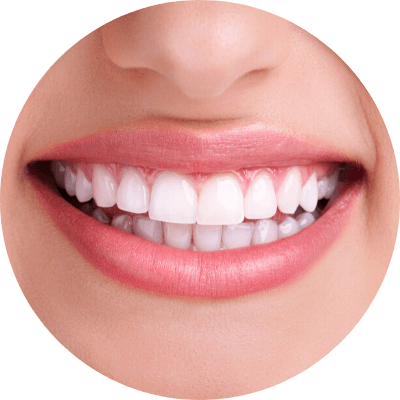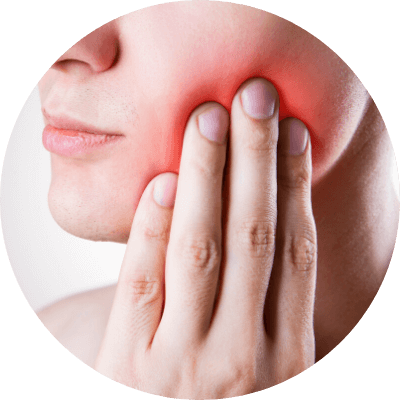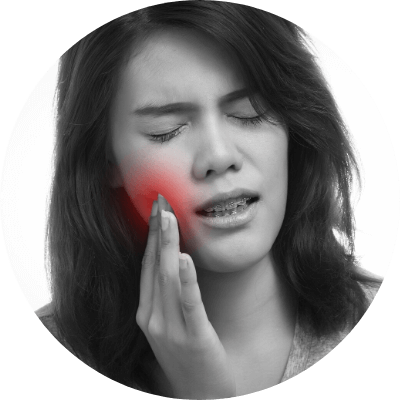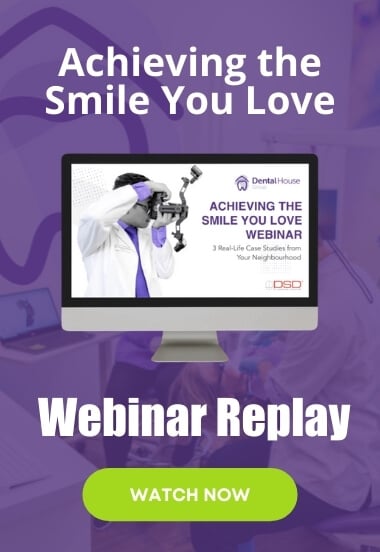Frequent Dental Hygiene Questions Answered
Frequent Dental Hygiene Questions Answered
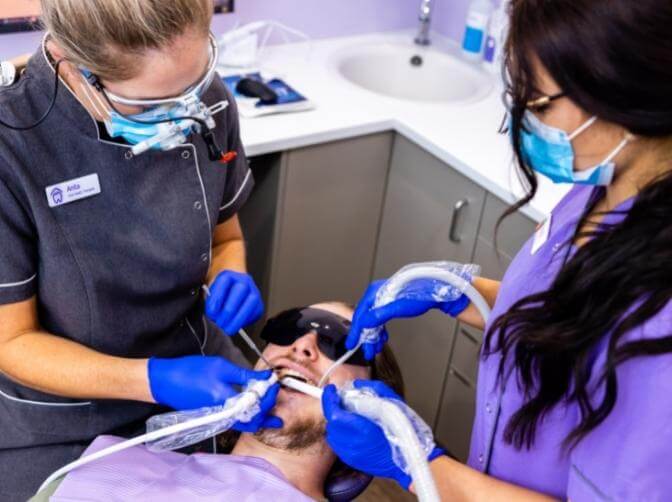
Good dental hygiene is an integral part of good general health and well-being. According to Dental Statistics and Research (Australian Institute of Health and Welfare), more than 7 million people in Australia neglect or avoid dental treatment because they can’t afford it. Dental Hygiene can affect a person’s diet and nutrition and, as a result, their overall health may also have a range of social impacts.
Healthier teeth, mouth, and gums are important for your general health and well-being. Habitually having dental care helps you keep your natural good hygiene, and it can even reduce your risk of serious medical problems like heart disease. Regardless of your age, your background, or the state of your dental health, taking care of your oral hygiene is important.
Should I Visit my Dentist Often?
To keep your teeth and gums healthy, it is important to schedule regular checkups, and dental cleanings to remove stains and plaque buildup, preventing the risk of tooth decay and gum disease.
The Australian Dental Association (ADA) advises patients to visit the dentist at least once every six months. Most general dentistry experts recommend if you experience a sudden onset of pain in your teeth or gums, immediately book an appointment with your local dentist.
However, if you have a chronic dental disease or certain medical conditions that affect your oral health, you may need more frequent checkups and you’ll evaluate the problem and recommend the appropriate oral treatments for your case.
What Should I Do to Improve my Oral Hygiene?
They have seen every different scenario and can guide you on how to improve certain areas of your oral hygiene safely and effectively.
Since your dental hygienist knows your mouth well, they can help determine ways to keep your oral hygiene in check that will work and be convenient for you. They can give you tips to improve your oral hygiene and keep your breath fresh.
Remember that no question is too embarrassing for your dentist or oral hygienist.
What Stain Prevention Recommendations Are There for Whiter Teeth?
It’s recommended in many circles that you drink everything through a straw, yeah I know it sounds silly. But many dental professionals even use a straw with their hot coffee every morning – but this is still a “hotly” debated topic.
Another thing you can do whenever you eat or drink something acidic or colourful, like red wine, tea, or coffee, is rinse your mouth out with water when you’re done. If you’re at home, we’d even go so far as to say you should brush your teeth when you finish eating or drinking.
Anything with acid in it is going to be bad for your teeth, and you’d be surprised how often you run into acids every day. Coffee, tea, club soda, alcohol, orange juice and even red meat can be highly acidic.
Another thing we’d recommend is to chew sugarless gum (it does need to be sugarless!) after you finish a meal. Chewing gum will make your mouth produce saliva, which can help rinse your teeth.
One of the most devastating effects of tobacco is the development of oral cancer. The risk of oral cancer increases with the number of cigarettes smoked each day and the number of years that the person has been smoking. Some of the other oral side effects of tobacco are tooth stains, delayed healing of oral wounds, increased severity of gum disease and bad breath.
It’s easier said than done, we know, but if you smoke or chew tobacco, quitting can also help you keep your teeth white. One study showed that 28% of smokers more than twice as many as non-smokers had moderate or severe staining on their teeth.
When Should I Remove my Wisdom Tooth?
Centuries ago our human ancestors used wisdom teeth to help them grind up tough food, like leaves and roots. Their jaws were larger and had more room for extra molars. As we evolved, our diets changed to include softer foods. The third molars became unnecessary as our jaws became smaller.
The wisdom tooth usually come out between the ages of 17- 25 and is typically removed during your high school years. The longer you wait, the more complications that may arise. The root will continue growing and can cause potentially permanent nerve damage.
Impaction
If there is not enough room in your mouth, your wisdom teeth will become impacted and grow at an angle. This can cause problems such as pain and discomfort while eating.
Damage to another tooth
Your impacted tooth can begin pushing against your second molars, causing potential tooth decay.
Disease
Spaces between the impacted tooth and your molars allow room for bacteria to grow, putting you at risk for inflammation, cysts, and periodontal (gum) disease.
There are several reasons why you should need your wisdom tooth extracted, as they can cause a variety of complications. It is also important to note that not everyone is born with all four wisdom teeth, as evolution has been removing them for generations.
What Are Common Mistakes to Avoid When Brushing My Teeth?
Most people don’t brush long enough. You’ve got to brush for at least 2 minutes every time you do it if you want clean teeth.
A lot of people skip their tongue and the roof of their mouth, which is another common mistake. You’d be surprised how many people brush too hard, too. You Only need to use a soft, circular motion when you brush.
Often as the other mistakes, a lot of people forget about the molars at the back of their mouth. Don’t make the mistake of focusing entirely on your front teeth!
Only use a toothbrush with soft or extra-soft bristles. Medium and hard bristles are too abrasive and they can wear your enamel away. Not even sure why they still make those kinds of brushes, but they aren’t good for your teeth.
It is also important to replace your toothbrush regularly. The Australian Dental Association (ADA) recommends getting a new one every 3 or 4 months (or sooner, if you notice that the bristles are starting to fray). Once the bristles wear out, even the best brushing techniques won’t be as effective.
Frequent visits to your dentist will help avoid common mistakes such as teeth and gum health, risk factors, and the rate at which plaque and tartar build-up in your mouth.
Try to be diligent and keep track of your appointments, so you don’t end up missing cleanings and delaying important treatments.

Are There Flossing Mistakes that are Important to Correct?
Many people just move the floss back and forth and call it a day. It is important to get into the gums and massage them with the floss to get the gunk out.
Several patients mistakenly stop flossing because they bleed when they get down into the gums, but that’s just a sign that you need to be more consistent with your flossing.
If your gums bleed when you floss, you have gum inflammation. Bring this up with your dentist at the next time appointment. It’s a super common problem, but they should still take a look at it.
Don’t worry about damaging your gums or teeth when you floss. Even if you do hurt your gums, they’ll heal on their own.
Flossing is essential to your smile’s health. Regular use of dental floss is important for plaque removal, maintaining healthy gums, and preventing periodontal disease.
Experts agree that flossing once a day works best for most people, so try your best to be consistent. Don’t worry about when you floss (any time of day is fine) or whether you floss before or after you brush by removing food particles and bacteria that build up between teeth, flossing helps keep your smile healthy and beautiful for life so just try to make it happen once every day!
What Oral Hygiene Products Should I Use?
When it comes to mouthwashes, fancy electronic toothbrushes, and water flossers, it’s easy to become overwhelmed when determining a need versus an indulgence.
Your dentist can point you in the right direction when it comes to the brand and the type of oral hygiene products you should be using. Don’t waste your money on products that aren’t formulated for your needs.
Don’t be afraid to ask your dentist for recommendations on products that work to improve your oral hygiene, not just gimmicky items that look good on your bathroom countertop, but for healthier oral practices, general health, and well-being.
What Signs Indicate that I Need to See a Dentist Soon?
Seek a dentist with proper credentials, convenient hours, emergency care options, a clean office, and a caring and professional manner.
Tooth Sensitivity
Swollen or bleeding gums
Persistent bad breath
Pain or swelling in your teeth, mouth, face, or neck
Problems chewing or swallowing
A history of gum disease or tooth decay
A history of immune dysfunction, diabetes, cardiovascular disease, or HIV
Jaw pain or popping
An unusual oral sore or painless lesion
So, to keep your oral hygiene healthy, be sure to make frequent visits to your dentist and don’t end up missing cleanings and delaying important treatments.
Final Word
We hope this article has helped you – as asking questions to your dental professional is an important part of your long-term healthcare.
To gain a more comprehensive understanding of your dental health, schedule an appointment with one of our experienced local dentists. They’ll be able to answer your questions, as well as recommend solutions for your specific condition.
Consider us a trusted resource in your journey to a beautiful, and healthier smile.
DISCLAIMER:
The content has been made available for informational and educational purposes only. New Gisborne Dental House does not make any representation or warranties with respect to the accuracy, applicability, fitness, or completeness of the content.
The content is not intended to be a substitute for professional personal diagnosis or treatment. Always seek the advice of your dentist or another qualified health provider with any questions you may have regarding a dental or medical condition. Never disregard professional advice or delay seeking it because of something you have read or seen on the Site.



